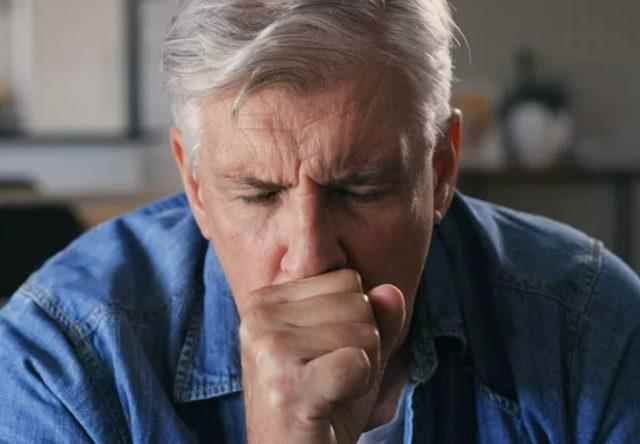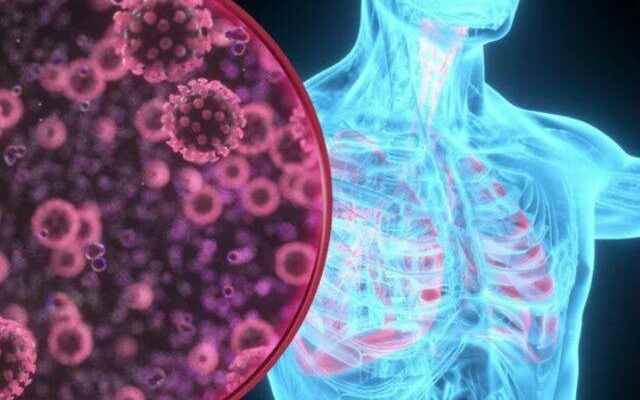Cancer kills millions of people every year. Some types of cancer are especially dangerous. Lung cancer, which is among the deadliest types of cancer, is quite common. Undetected tumors that develop and grow uncontrollably in the lungs cause the mass to spread to the stage tissues or to distant organs (liver, bone, brain, etc.) via circulation.
It is known that the most important factor in lung cancer is smoking and exposure to cigarette smoke. Since the symptoms of lung cancer are among the health problems we frequently experience in daily life, many symptoms are not noticed until the cancer progresses.
FIRST SYMPTOM OF LUNG CANCER

Especially due to the flu and colds that have increased recently, many people cannot sleep because they have coughing attacks or wake up because of these crises. Various methods are sought to pass the cough. However, coughs that do not go away for a long time pose a great risk. A severe cough is among the first signs of lung cancer. If a different colored sputum is seen during coughing, the probability of cancer increases. For this reason, it is necessary to pay attention to the coughs seen in the morning.
LUNG CANCER SYMPTOMS

- Cough that does not go away or gets worse
- coughing up blood or bloody sputum
- Chest pain that worsens when breathing deeply, coughing, or laughing
- Loss of appetite, weakness, fatigue and weight loss
- hoarseness
- Shortness of breath
- Recurrent or persistent lung infections such as bronchitis or pneumonia
FACTORS INCREASING THE RISK OF LUNG CANCER

- Cigarette, cigar, pipe (tobacco) smoking: It is the most important proven risk factor for lung cancer today. Asbestos: It is used in mines, shipbuilding, and insulation material. Causes long-term irritation in the respiratory tract.
- Radon: An odorless radioactive gas found naturally in the soil in homes.
- Tuberculosis disease (tuberculosis): Lung cancer may develop later in the lung area where this disease is located.
- Having had lung cancer before: There is a risk of developing a second cancer in those who have had surgery or radiation therapy for lung cancer once. Smoking also increases this risk.
- Ores such as radioactive uranium ore
- Prolonged inhalation of certain chemicals (such as arsenic, beryllium, cadmium, vinyl chloride)
- Radiotherapy history
- Air pollution
- family history
